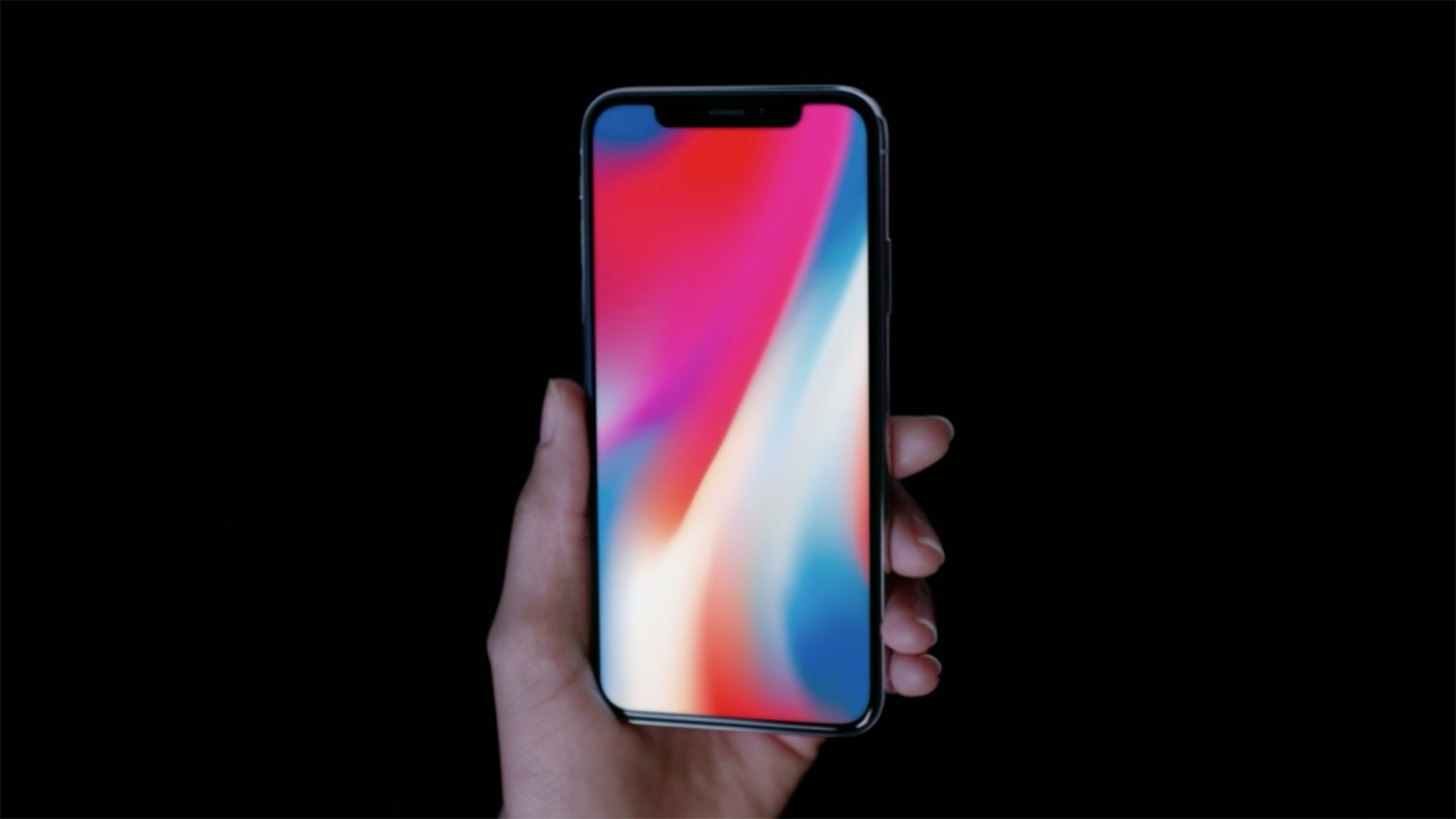Is the iPhone X worth a grand? Only you can answer that
Don’t listen to the cynics: there’s nothing wrong with lusting after the latest shiny gadget


The two-month delay between the reveal of the Apple iPhone X and its availability in shops may have been intended to build anticipation for the new flagship device, but it also gave the Twittering classes plenty of time to form and share their opinions, before ever seeing the product in the flesh.
I've been particularly struck by some of the negative responses online. Of course, there are always grumblers on social media, ready to snipe at everything Apple does, just as there's invariably an equally dedicated contingent singing its praises. It's not surprising that a high-profile new gadget such as the iPhone X would encounter a certain backlash.
What is unusual is that this time around, the anti-Apple crowd have some decent points. For starters, there's the price tag. Your standard iPhone traditionally comes in at around 700, and that's generally been considered pretty steep. But even if you opt for a brand-new iPhone 8 Plus and pimp it out with the maximum 256GB of storage, that's still cheaper than the entry-level iPhone X.
Then there's the tricky question of what you get for all that money. Fundamentally, the iPhone X is still an iPhone: it does the same things, and runs the same apps and games, as any other model. There's no exclusive VIP App Store for iPhone X users or at least, if there is, it's an impressively well-kept secret.
At the same time, the X departs from the established iPhone formula in several ways. One key change is the vanishing of the Home button. That single physical control has been central to the iPhone and iPad experience since day one, and it's difficult to imagine how iOS can remain so intuitively usable without it.
Ditching the Home button also means goodbye to Touch ID. Its replacement, Face ID, is certainly more futuristic, but it threatens to be less convenient, as you'll have to physically hold the phone up to your face to unlock it. Moreover, there are concerns that it might be less secure, if it means that a hostile agent can unlock your phone simply by waving it in front of your grimacing fizzog.
What we're left with is a device that's easily brushed aside as a mere vanity product. It's a fun, modish concept to be sure even an iconic one but not something a smart consumer would actually buy. The spirit of the G4 Cube lives on.Is all this an unfair representation of Apple's offering? Perhaps. But, if so, then Apple has only itself to blame. By allowing a two-month gap between the reveal of the iPhone X and its eventual arrival, it created an information vacuum in which in the absence of any actual hands-on reportage theories and opinions have taken on the status of received wisdom.
Get the ITPro daily newsletter
Sign up today and you will receive a free copy of our Future Focus 2025 report - the leading guidance on AI, cybersecurity and other IT challenges as per 700+ senior executives
Indeed, the way the iPhone X has been positioned seems almost calculated to deter would-be upgraders. The 999 price isn't just aspirational psychologically, it crosses a line. It's in a completely different league to any other iPhone or Android rival, and not in a good way.
Then there's the branding. The iPhone X may have been unveiled mere minutes after the iPhone 8, but the name clearly implies that it is, notionally, several generations ahead. If Apple had stuck to its established upgrade cycle, and iterated through the iPhone 7s, 8, 8s and so forth, we wouldn't have got to the iPhone 10 until 2022. The new iPhone, therefore, breaks continuity, and that sense is reinforced by the nonstandard Roman numeral. It's not even 10 it's X for exceptional.
Tim Cook has thus given would-be upgraders a stark choice. On the one hand, we have the iPhone 8: the world's most successful smartphone, now updated with new features for the same price. On the other we have... something that does the same job, but in a new, and different, and much more expensive way. You don't have to be a rabid anti-Apple troll to see the problem.
Yet, I'm here to tell you to ignore the naysayers. Of course, there are always going to be questions about an untried new device. How well does iOS really work with an all-gesture interface? Is Face ID as clunky as some have feared? But those are points that can be quickly cleared up by a proper hands-on review, of the sort that are at last beginning to emerge. That is itself a good reason to ignore early opinions.
And while the 999 price tag certainly isn't cheap, there's really nothing magical or significant about big round numbers. I'm old enough to remember the tabloids screaming blue murder when upmarket bars in central London started charging 2 for a pint. Nowadays, I'm lucky if I get change back from a fiver, and yet somehow the world keeps on turning. Inflation, fluctuating exchange rates and changing incomes make the real value of a grand a shifting, subjective thing.
If you're still struggling to justify splashing out on the newest and shiniest smartphone in years, remember that there's nothing shameful or unusual in paying for something that gives you pleasure beyond the merely functional. Deep down, most of us know that we could get our work done on a Nokia 3310 and a 200 Chromebook. If you're using an iPhone at all or, really, any sort of high-end technology then that itself is proof that you're willing to shell out for technology with a particular look and feel. We're just quibbling about where you draw the line.
Darien began his IT career in the 1990s as a systems engineer, later becoming an IT project manager. His formative experiences included upgrading a major multinational from token-ring networking to Ethernet, and migrating a travelling sales force from Windows 3.1 to Windows 95.
He subsequently spent some years acting as a one-man IT department for a small publishing company, before moving into journalism himself. He is now a regular contributor to IT Pro, specialising in networking and security, and serves as associate editor of PC Pro magazine with particular responsibility for business reviews and features.
You can email Darien at darien@pcpro.co.uk, or follow him on Twitter at @dariengs.
-
 OpenAI's new GPT-4.1 models miss the mark on coding tasks
OpenAI's new GPT-4.1 models miss the mark on coding tasksNews OpenAI says its GPT-4.1 model family offers sizable improvements for coding, but tests show competitors still outperform it in key areas.
By Ross Kelly
-
 Meta just revived plans to train AI models using European user data
Meta just revived plans to train AI models using European user dataNews Meta has confirmed plans to train AI models using European users’ public content and conversations with its Meta AI chatbot.
By Nicole Kobie